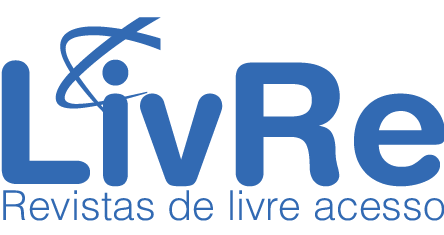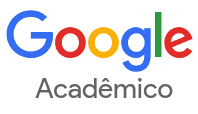THE USE OF ASSISTANT TECHNOLOGIES (TA) WITH LOW COST MATERIALS IN GEOGRAPHY TEACHING FOR THE LEARNING STUDENT TEACHING PROCESS
DOI:
https://doi.org/10.46789/edugeo.v10i19.752Abstract
This research seeks to analyze the use of Assistive Technologies in education, through low- cost materials as a contributor to the teaching-learning process in the content of Geography for students with Deafness. Understanding the particularities of each individual, the use of AT can contribute to the assimilation of concepts associated with discipline and motivate the use of playfulness with the help of the existing attributions of deaf culture, in order to build significance from their adaptations promoting interaction and the production of knowledge with educational actions that differ from traditional proposals already known. The methodological approach of the research is of a qualitative nature with the description of the participants' experience reports from a series of problems created to develop assistive didactics, instigating the formation of inclusive ideas and concepts through what was proposed by the workshop. It can be demonstrated that each problem situation developed was well accepted and largely understood successfully. Thus, it is worth mentioning that regarding the use of AT taking into account the educator's stance, even though it did not have advanced technological resources in the past, it can contribute to the training of its apprentices with easily accessible materials, building activities of an assistive character, being extremely important for enable better learning for the deaf person, including them and motivating them to be active in their educational process.
Keywords
Assistive technologies, Geography, Inclusive education, Deafness
Downloads
Downloads
Published
How to Cite
Issue
Section
License
Proposta de Aviso de Direito Autoral Creative Commons
1. Declaro que o presente artigo é original, não tendo sido submetido à publicação em qualquer outro periódico nacional ou internacional, quer seja em parte ou em sua totalidade. Declaro, ainda, que uma vez publicado na Revista Brasileira de Educação em Geografia, o mesmo jamais será submetido por mim ou por qualquer um dos demais co-autores a qualquer outro periódico. E declaro estar ciente de que a não observância deste compromisso submeterá o infrator a sanções e penas previstas na Lei de Proteção de Direitos Autorias (Nº9609, de 19/02/98)
2. A Revista Brasileira de Educação em Geografia tambem segue a "Proposta de Política para Periódicos de Acesso Livre".
Autores que publicam nesta revista concordam com os seguintes termos:
- Autores mantém os direitos autorais e concedem à revista o direito de primeira publicação, com o trabalho simultaneamente licenciado sob a Licença Creative Commons Attribution que permite o compartilhamento do trabalho com reconhecimento da autoria e publicação inicial nesta revista.
- Autores têm autorização para assumir contratos adicionais separadamente, para distribuição não-exclusiva da versão do trabalho publicada nesta revista (ex.: publicar em repositório institucional ou como capítulo de livro), com reconhecimento de autoria e publicação inicial nesta revista.
- Autores têm permissão e são estimulados a publicar e distribuir seu trabalho online (ex.: em repositórios institucionais ou na sua página pessoal) a qualquer ponto antes ou durante o processo editorial, já que isso pode gerar alterações produtivas, bem como aumentar o impacto e a citação do trabalho publicado (Veja O Efeito do Acesso Livre).







